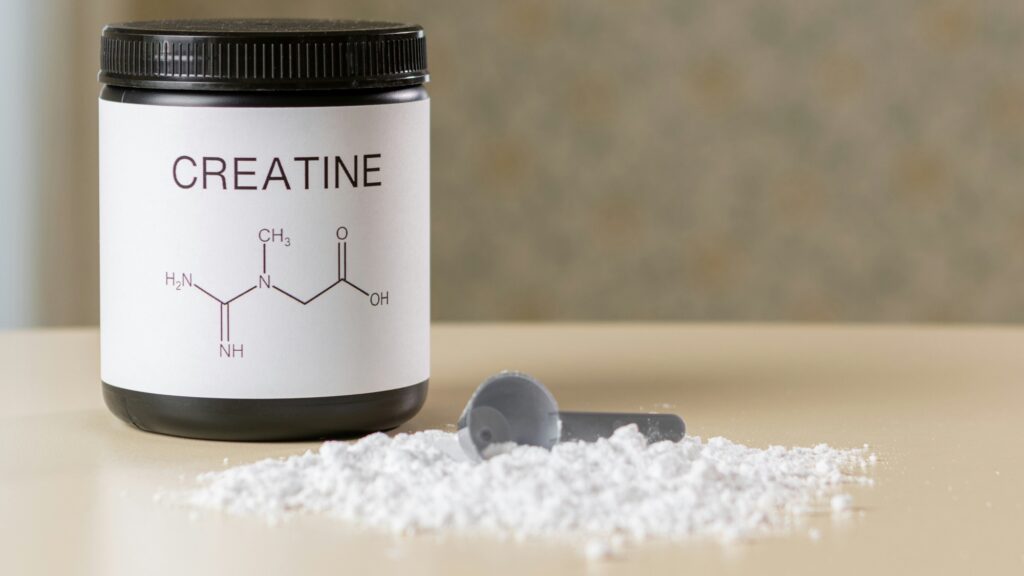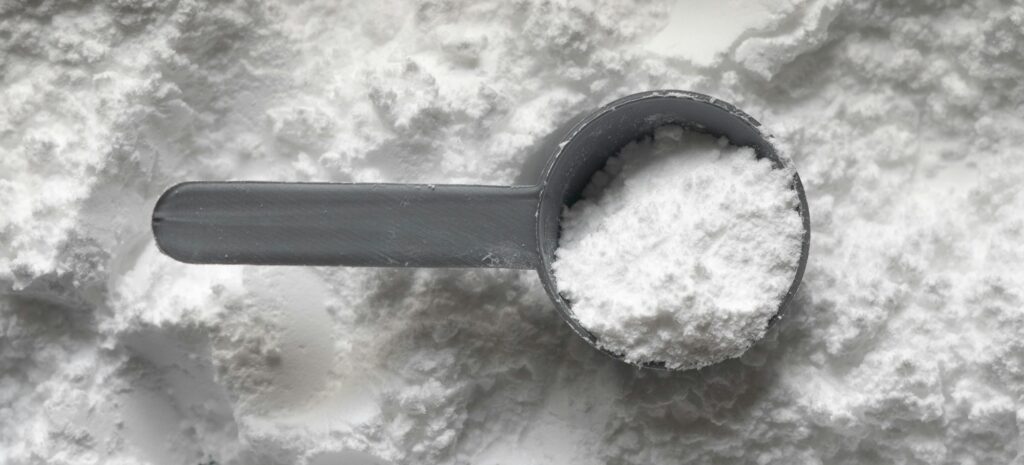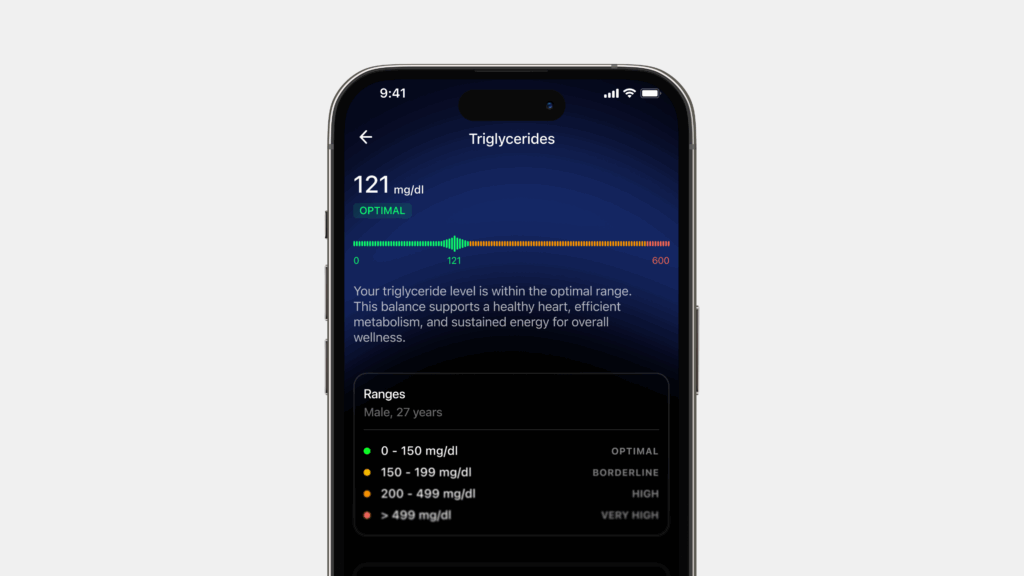Creatine is one of the most popular and well-studied supplements, with strong evidence supporting its benefits for athletic performance, brain health, and bone density, particularly in older adults.
In recent years, researchers have also begun exploring whether creatine could influence glucose metabolism. But while there are interesting studies, the evidence is still limited.
Here’s what we know so far.
Key takeaways
- Creatine shows potential to improve glucose control, but the evidence is early and not conclusive.
- Creatine itself doesn’t cause blood sugar spikes, but added sugars in smoothies and mixtures can.
- People managing blood sugar should use pure creatine monohydrate with water and consult their doctors before starting supplementation.
- If you’re looking to improve glucose control, then good habits around cutting carbs, pairing with protein/fats, and careful portion control are more effective than creatine.
How creatine might influence glucose control

There is some evidence that creatine supplementation, especially when combined with exercise, can enhance glucose uptake into muscle cells.
Scientists have suggested that creatine could increase the amount of GLUT-4 transporters in muscle tissue, making it easier for glucose to move from the bloodstream into cells.
- A small randomized controlled trial in 2011 found that creatine plus exercise improved glycemic control in individuals with type 2 diabetes over 12 weeks (Gualano et al., 2011). However, the study was short-term, involved few participants, and was labeled exploratory by its own authors.
- Another study suggested that creatine could boost glucose transport pathways in skeletal muscle (Safdar et al., 2008) – but this was based on young, healthy men, not people with metabolic disease.
- A 2021 review admitted that most of the human studies to date are small, short, and poorly generalizable. It called for much larger and longer-term trials before making clinical claims (Gualano et al., 2021).
Can creatine cause blood sugar spikes?
No – unless you mix your creatine with a sugary drink. Pure creatine monohydrate is carb-free and has no direct glycemic effect. But people often take creatine with high-carb smoothies or flavored supplements packed with sugar, which can spike blood glucose independently of the creatine itself.
Studies have shown that pairing creatine with carbohydrate can enhance muscle creatine uptake. That’s because insulin helps drive creatine into cells (Green et al., 1996). It’s a great tip for athletes, but not for those watching glucose levels.
If you’re worried about glucose swings, stick to plain water when taking creatine and monitor your response.
Who should be cautious?
People with diabetes or impaired glucose tolerance should approach creatine supplementation with caution. Before starting, it’s important to consult a healthcare professional, particularly if you are already taking medication that affects blood sugar levels.
Those prone to hypoglycemia should also be vigilant, as combining creatine with workouts or carbohydrate intake could lead to unexpected changes in glucose control.
It’s equally important to scrutinize pre-mixed creatine products. Many are loaded with hidden sugars that can easily undermine glucose management efforts.
Conclusion
For now, while creatine shows early promise in supporting metabolic health, it should not be seen as a substitute for exercise, a controlled diet, or proper medical management. More robust research is needed before creatine earns a place as a reliable tool in metabolic care.
References:
- Gualano B, et al. Creatine supplementation and glycemic control: a systematic review and meta-analysis. Diabetes Care. 2011;34(5):1298–1300. https://doi.org/10.2337/dc10-2320
- Safdar A, Yardley NJ, Snow R, Melov S, Tarnopolsky MA. Global and targeted gene expression and protein content in skeletal muscle of young men following creatine supplementation. PLoS ONE. 2008;3(6):e2243. https://doi.org/10.1371/journal.pone.0002243
- Gualano B, et al. Creatine supplementation in health and disease: an overview of mechanisms, clinical applications, and safety. Nutrients. 2021;13(6):2044. https://doi.org/10.3390/nu13062044
- Green AL, et al. Carbohydrate ingestion augments creatine retention during creatine feeding in humans. Am J Physiol. 1996;271(5 Pt 1):E821–E826. https://doi.org/10.1152/ajpendo.1996.271.5.E821








